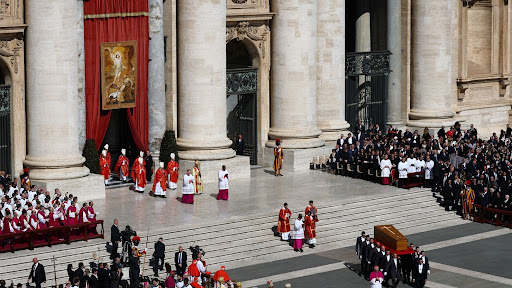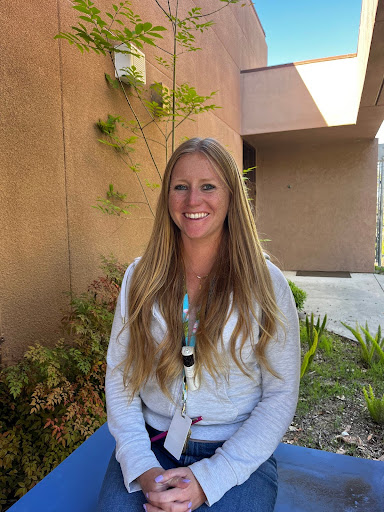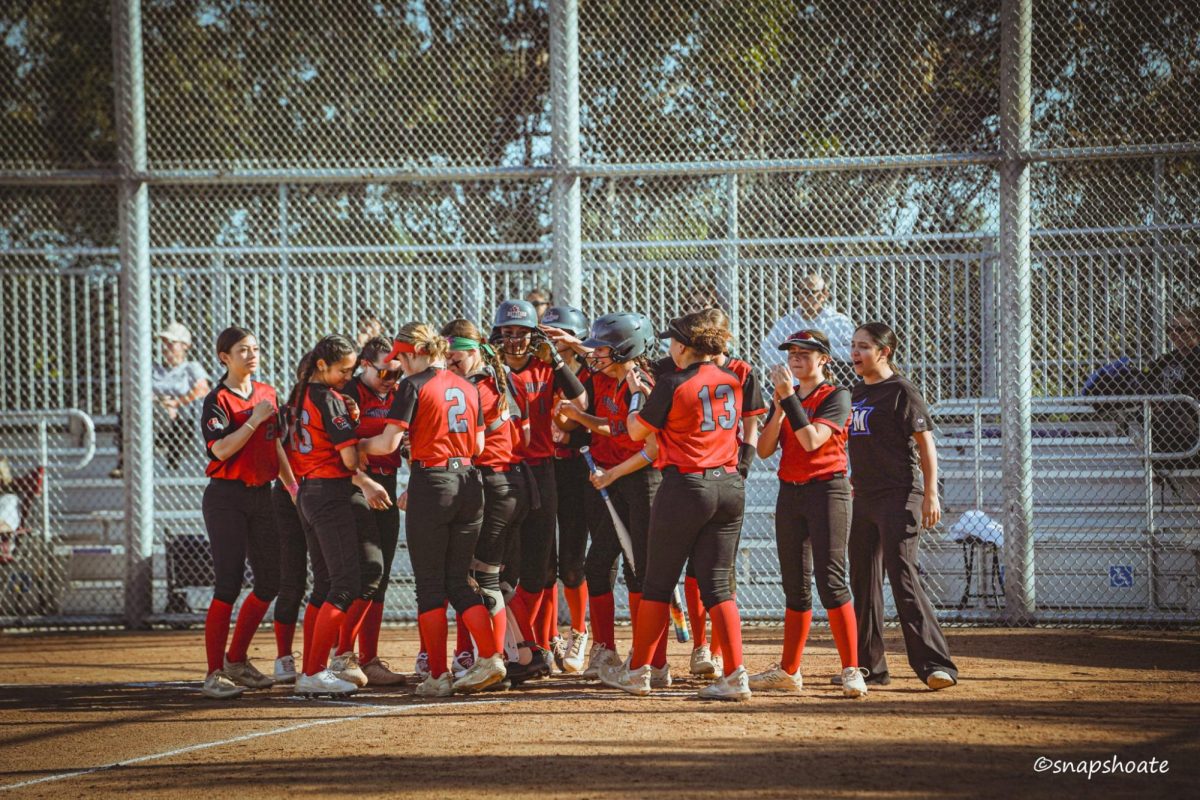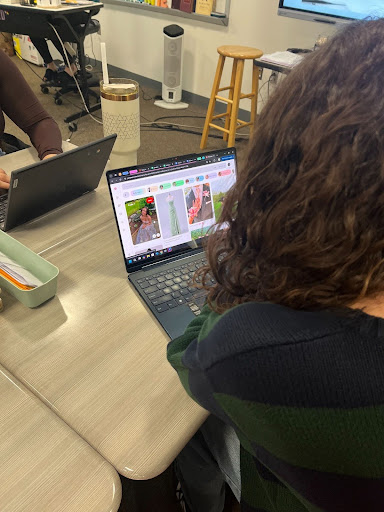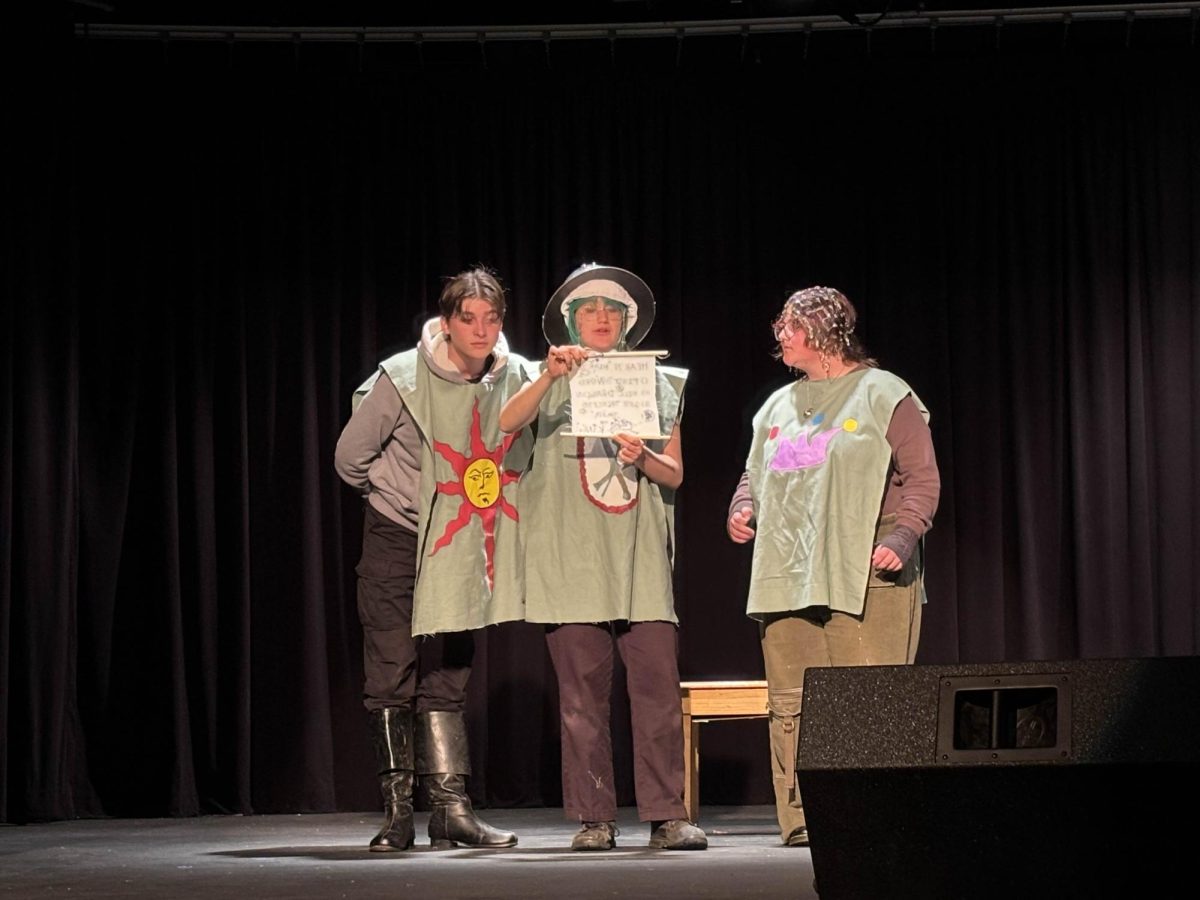Effects of school breaks on student learning
Stereotypically, students are portrayed as being tired, unprepared, and simply too lazy to come back to school after the summer, winter, and even thanksgiving break. In light of this fact, the students here are not immune to the effect either, as many students come back from break fatigued and reluctant to get back into the swing of things.
But now the question stands, how much of this break stereotype is true and what are its positive and negative effects on student learning?
“I do think that long summer breaks do make a difference,” teacher Keith Devore said. “[They] cause some learning loss and cause the time to be required to be spent to teach things from the prior year”.
Although much time has passed since the start of the school year, it is without a doubt that many students did not study or learn much over the summer and have instead chosen to slack on their studies.
This in turn puts that burden onto the teachers, to both reteach older lessons and try to teach new subjects at the same time.
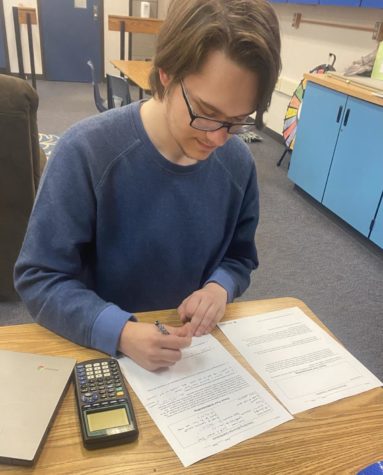
However, due to the Summer break length compared to other breaks, it stands on its own and would not be a fair comparison to the other breaks given throughout the year.
So what about the holiday breaks, and how do they affect student learning?
Well following the recent winter break, students were left tired when coming back to school because of a return to bad habits and a blatant lack of a sleep schedule, which was a result of the amount of free time they have over the break.
“I wish I slept more, but sadly I only got a little bit of sleep this winter break,” student Gio Hernandez said. “I only really got four to six hours of sleep on most days”.
Not to mention, regardless of its shorter length, the winter break leads to learning loss on the students’ end, as they forget about their school work and instead choose to focus on other matters over the break.
This holds true not only during the winter break but also during the fall break since students tend to doze off and lose focus on their academic responsibilities.
“Students frequently reported a negative impact of the fall break on the timing of academic assessments and their ability to effectively manage study time,” Michael Agnew, author of the journal article Fall Break Fallout, said. “Furthermore, many students struggled with transitioning between academic responsibilities and break time”.
Nonetheless, that is not to say that breaks are bad for student learning, as it is a time for students to rest before finals and make memories with family and friends.
“I went skiing over the break with friends and family,” student Aiden Crossan said. “And, even though it rained on the last day … it was still fun”.
In addition to being a time to hang out with friends and family, the winter break is much more than a simple time off for the students as it allows people to get a fresh start for the following year and destress before the start of class finals.
“I think kids do need to see that there are some breaks ahead,” Devore said. “And it helps their attitudes, and I think it helps the teachers’ attitude too”.
So, whether or not the winter break is a positive or negative event for students, one cannot deny that it is almost a necessary break for both students and teachers to allow them to enjoy the holiday season with family and prepare for the following year of learning.
Your donation will support the student journalists of Canyon Hills High School. Your contribution will allow us to purchase equipment and cover our annual website hosting costs.

